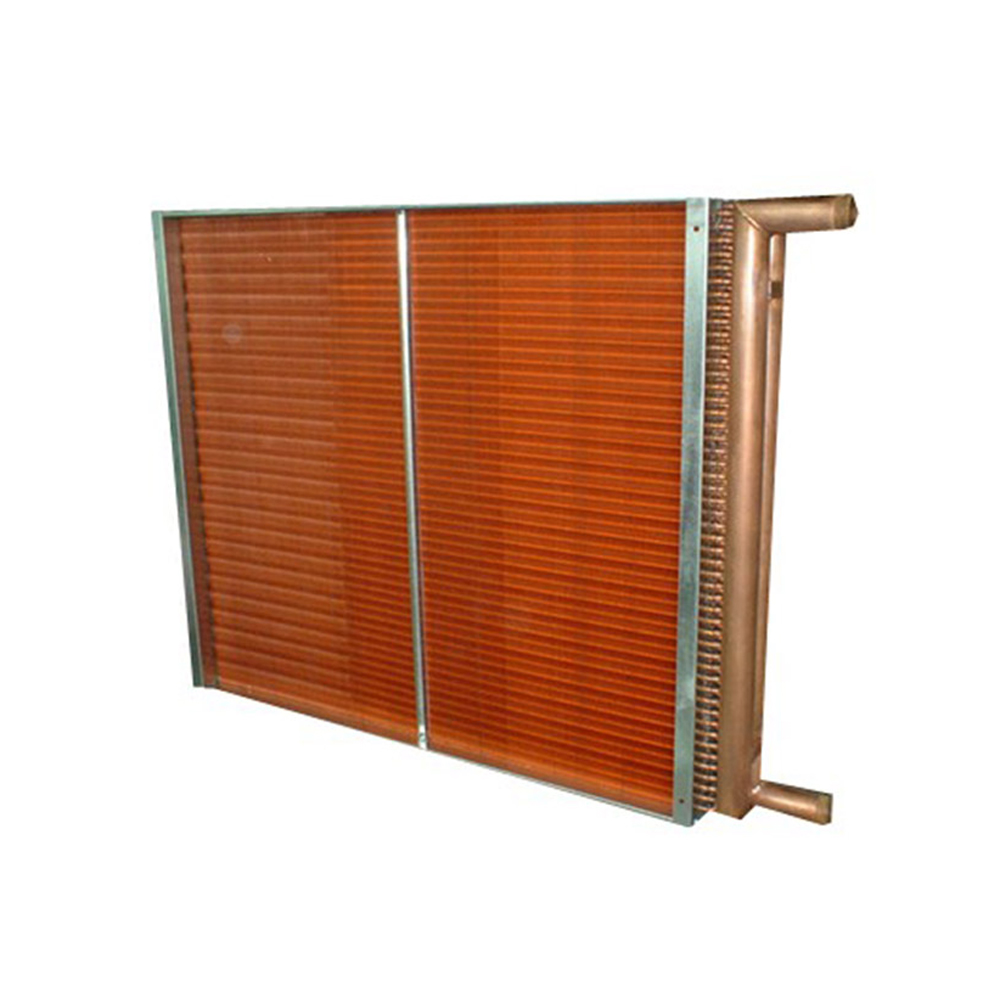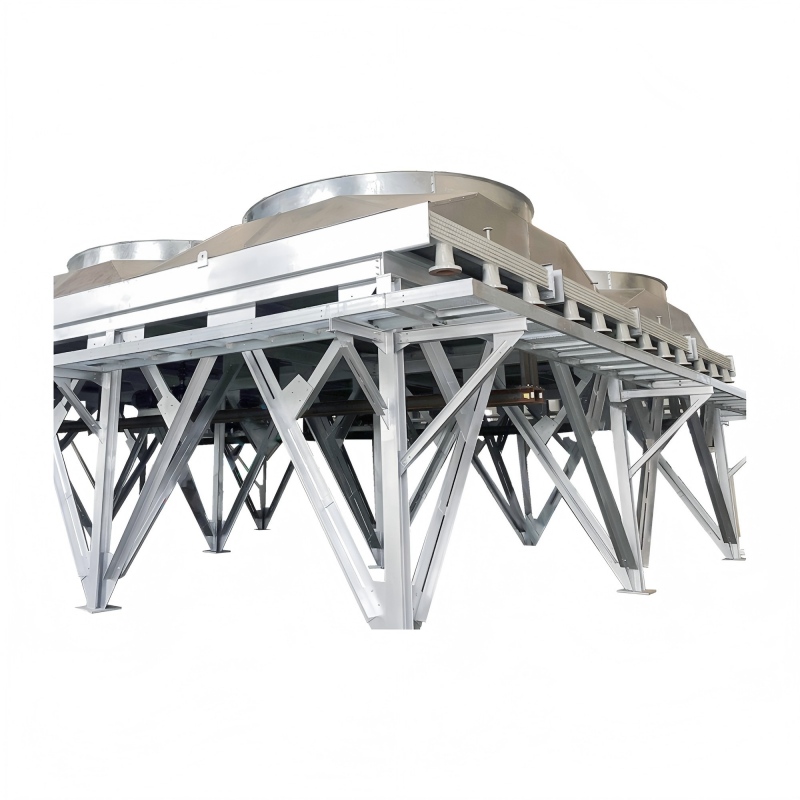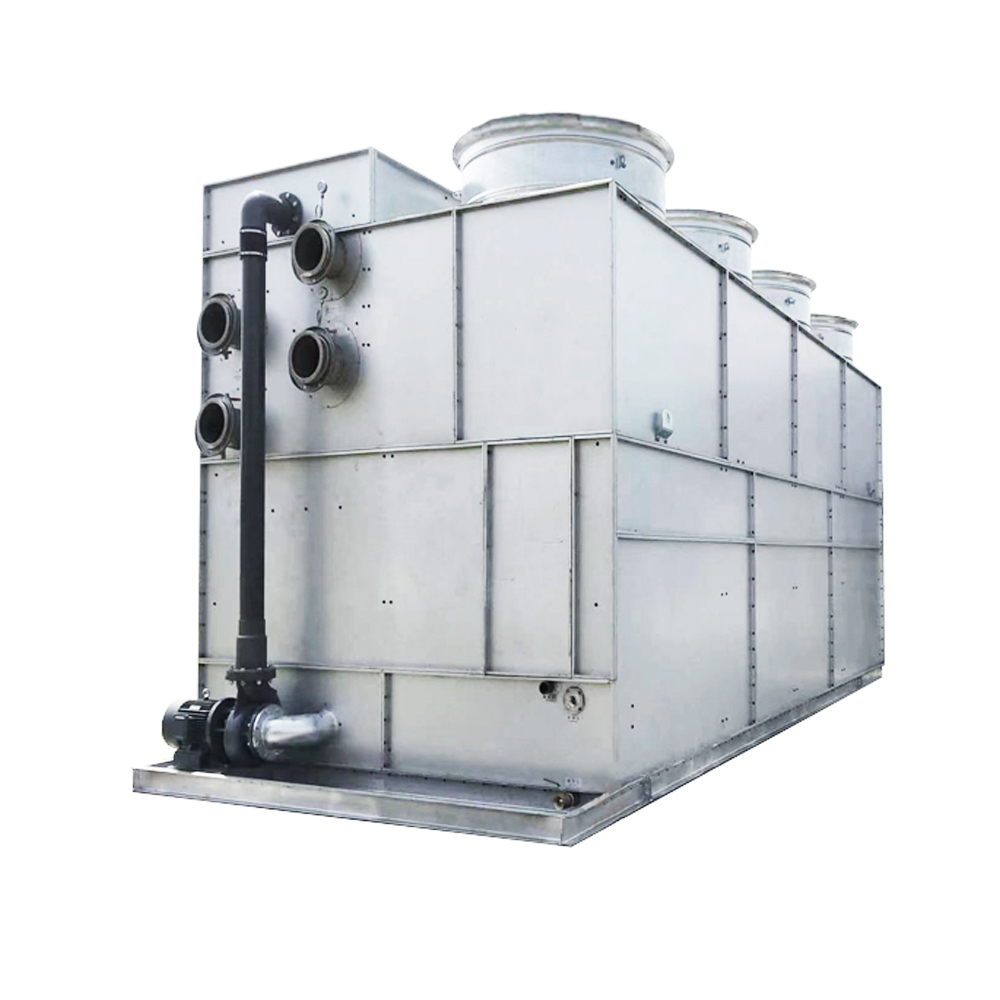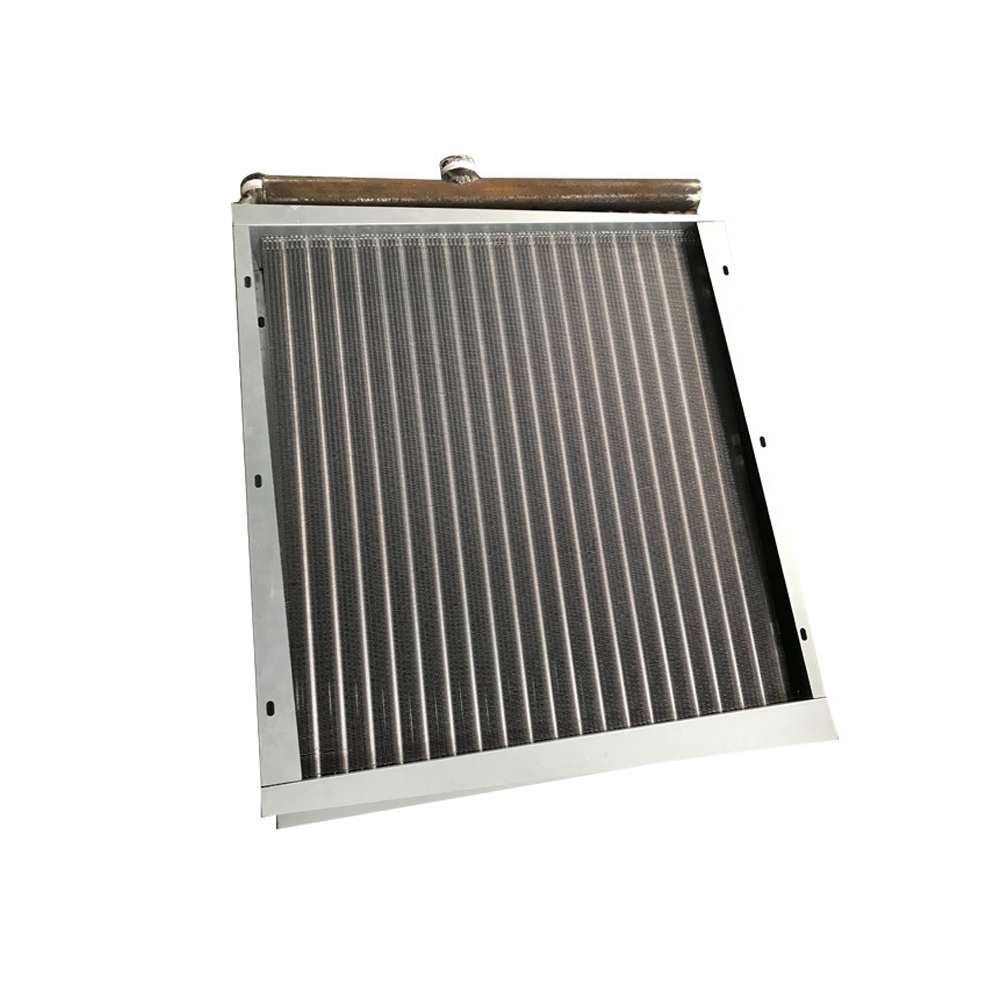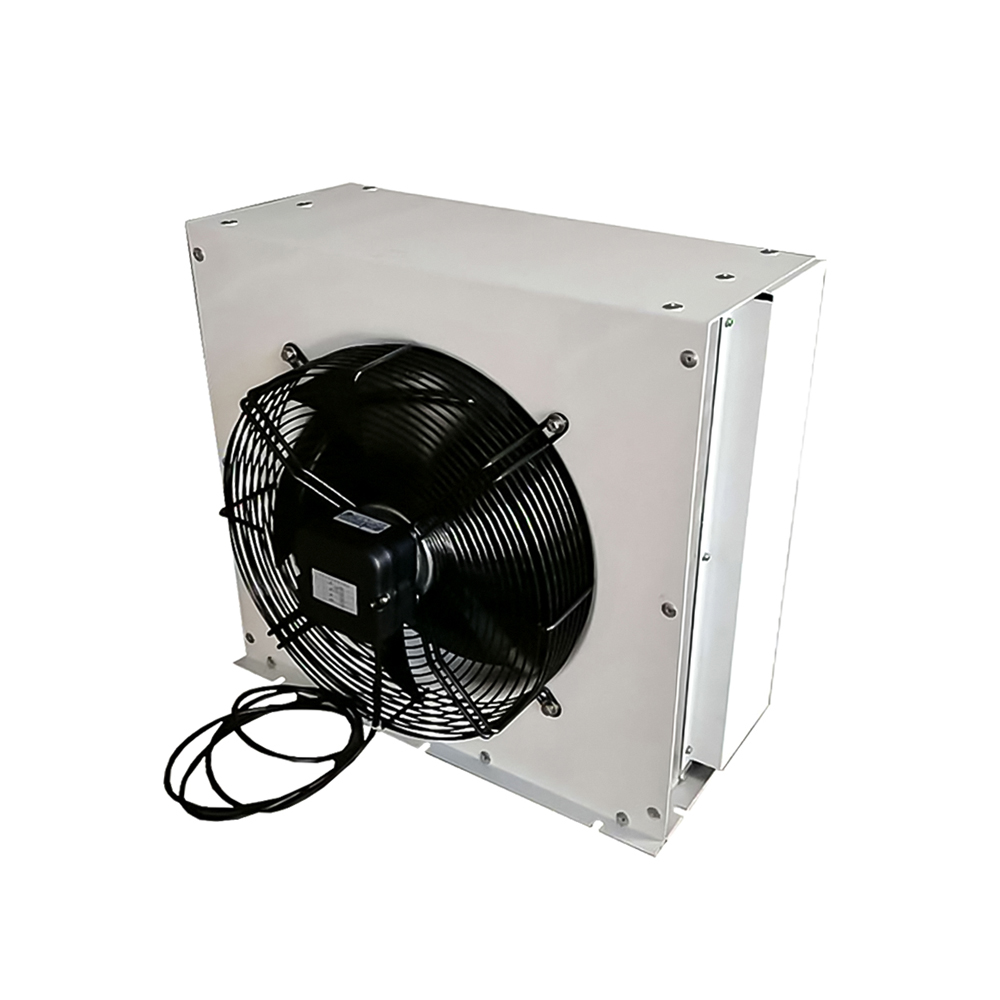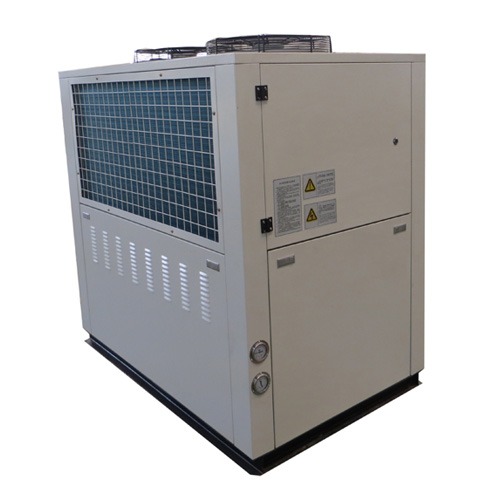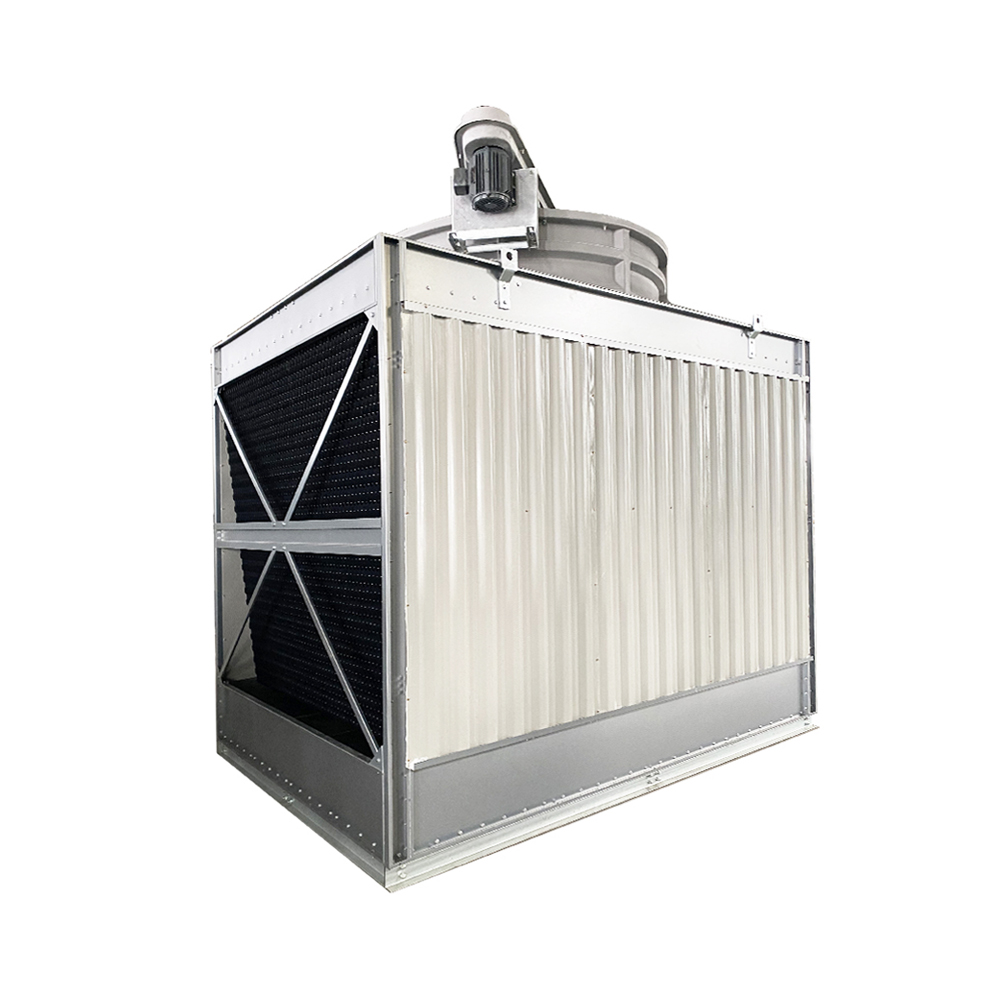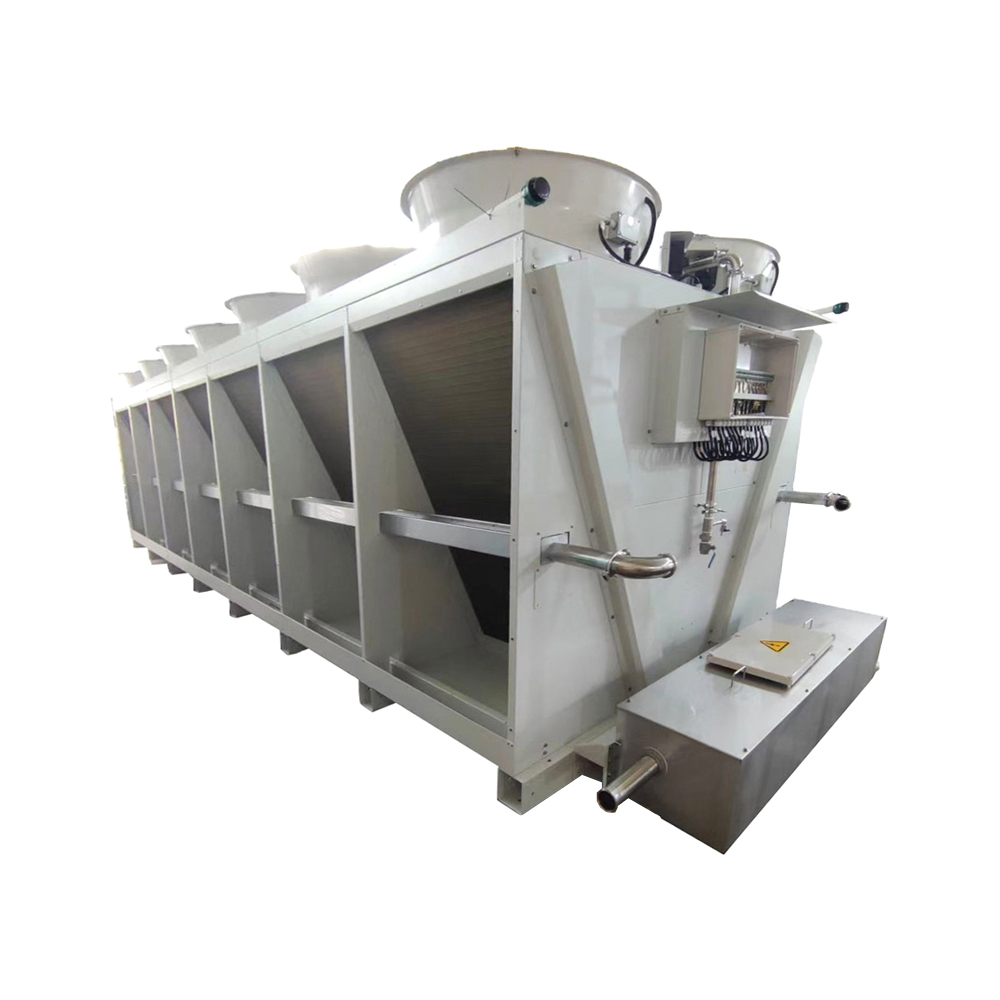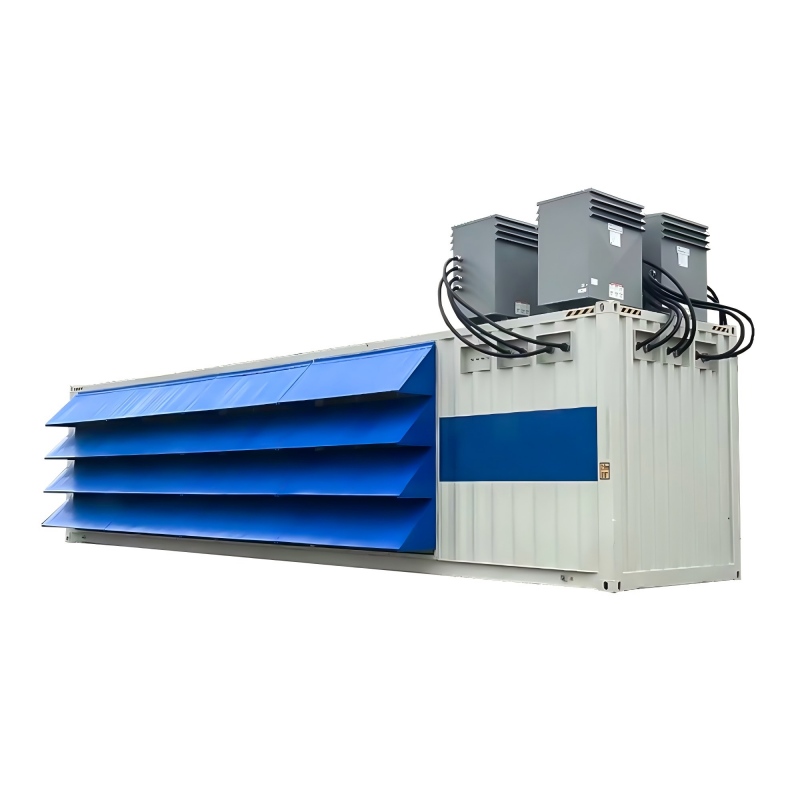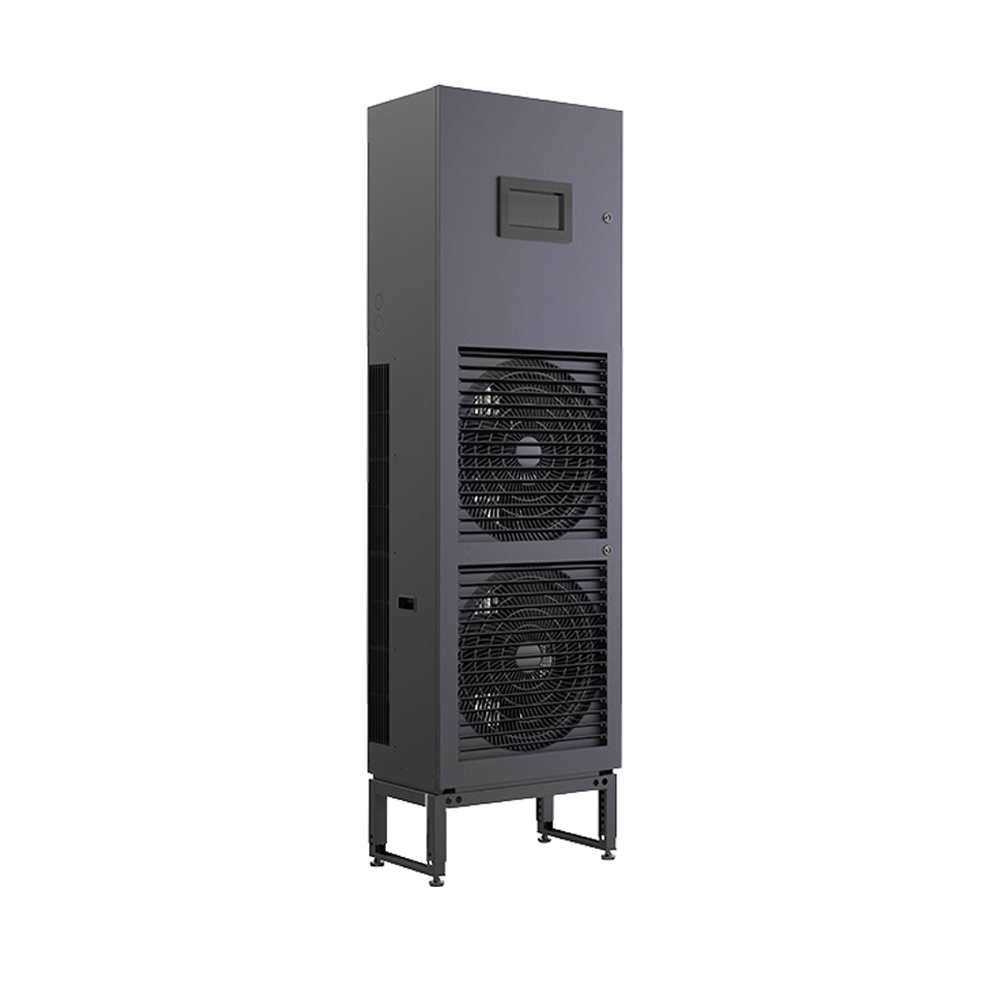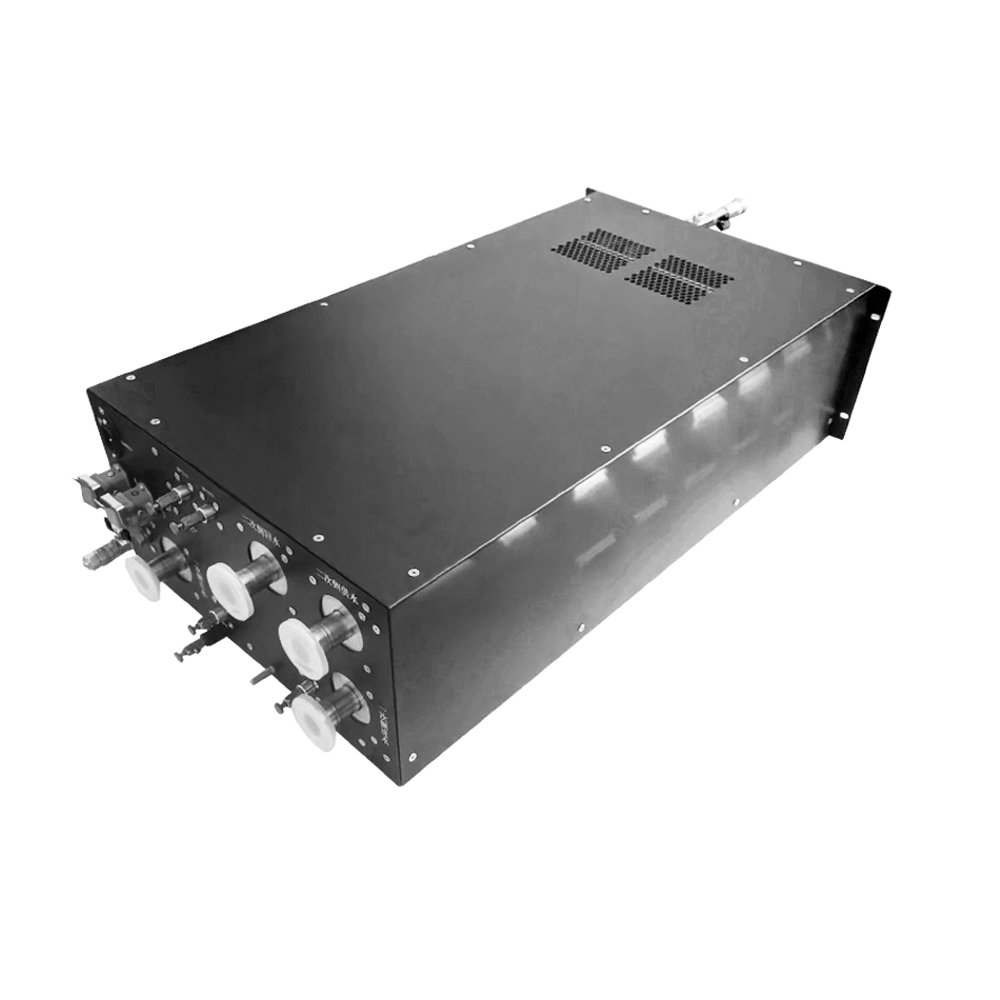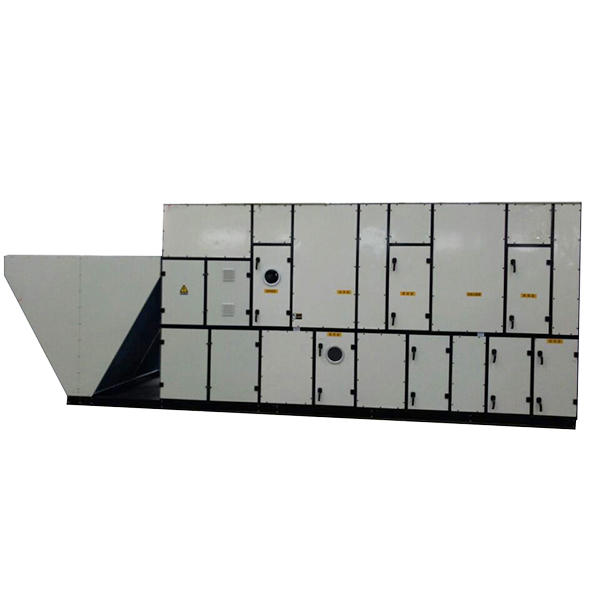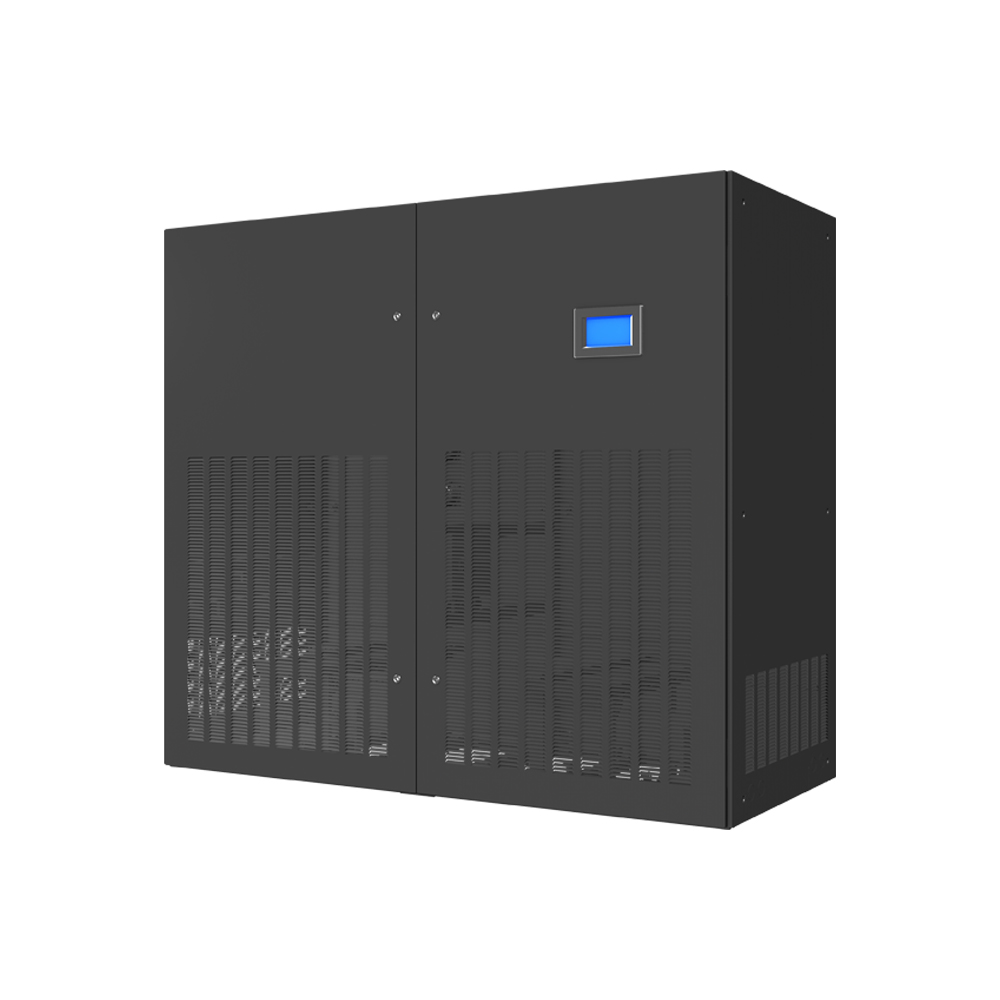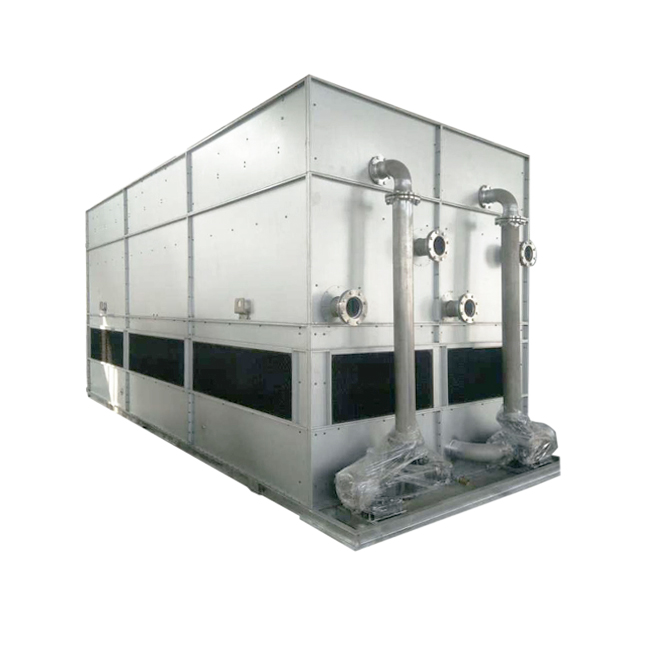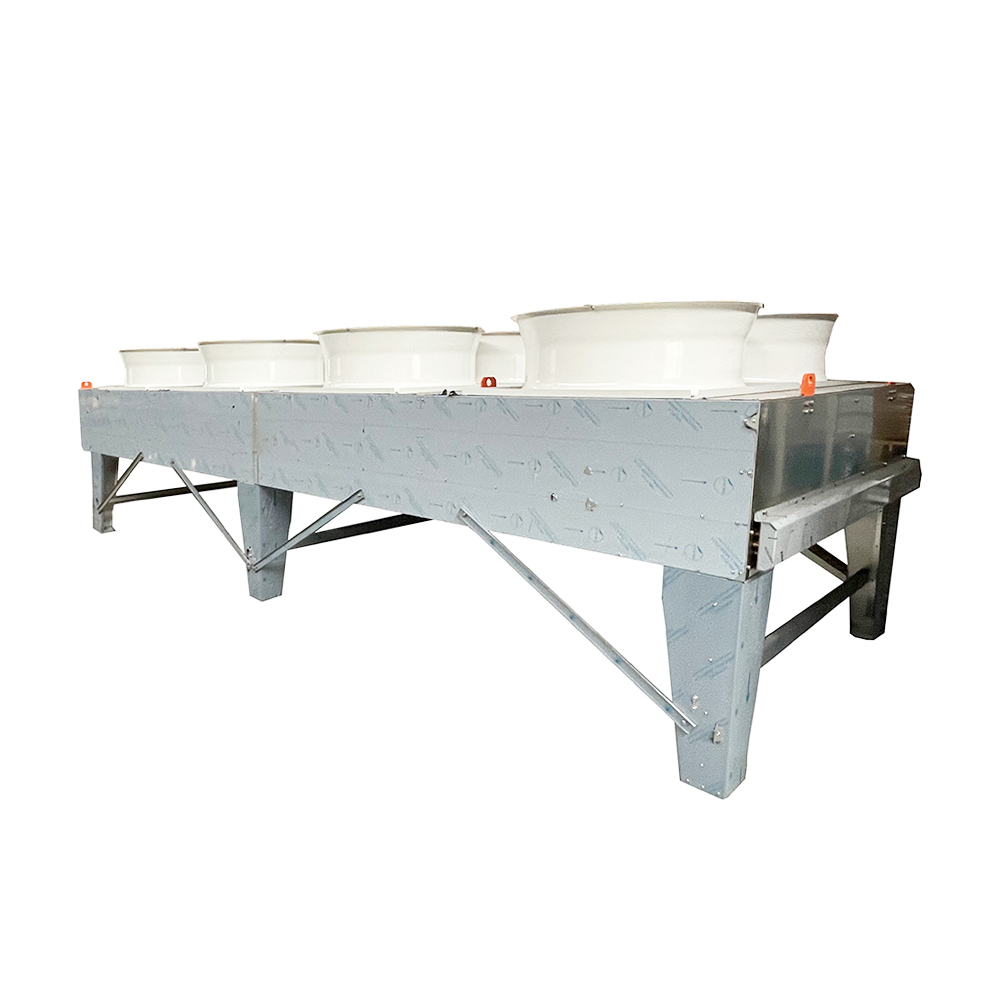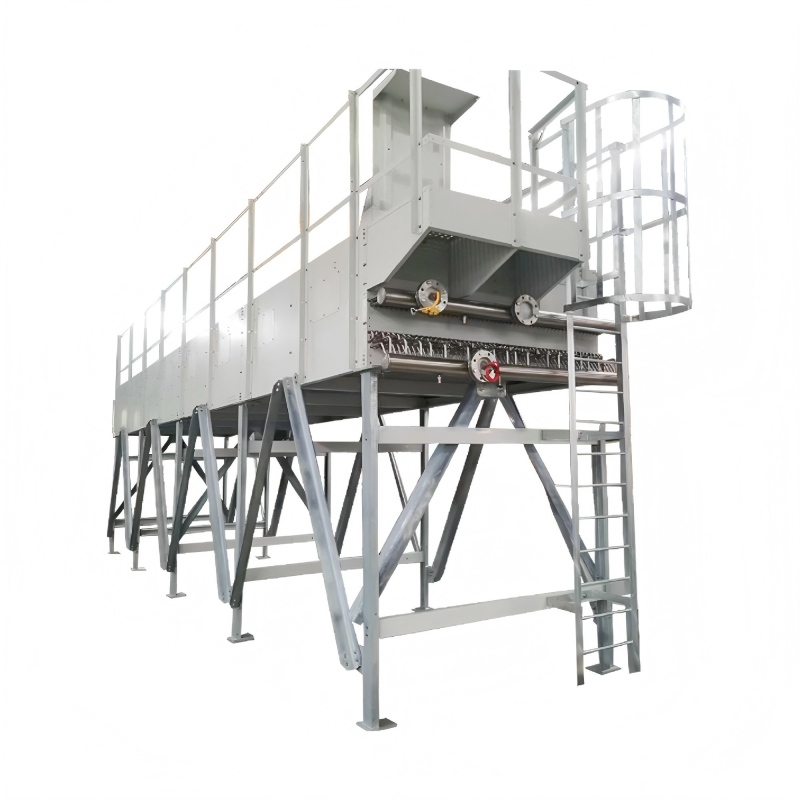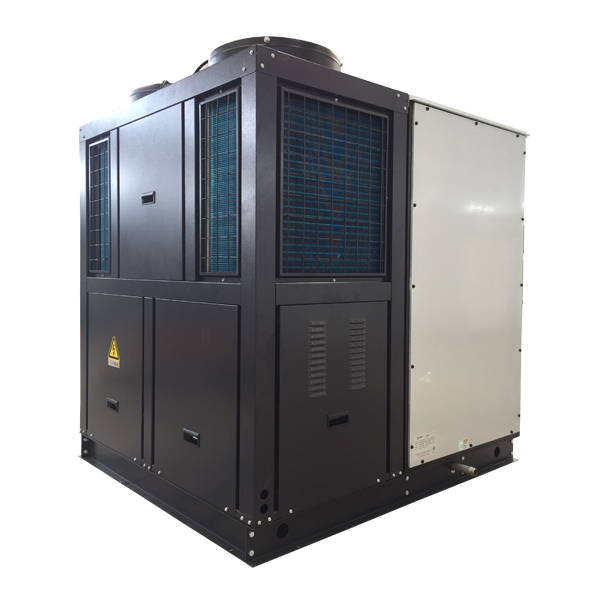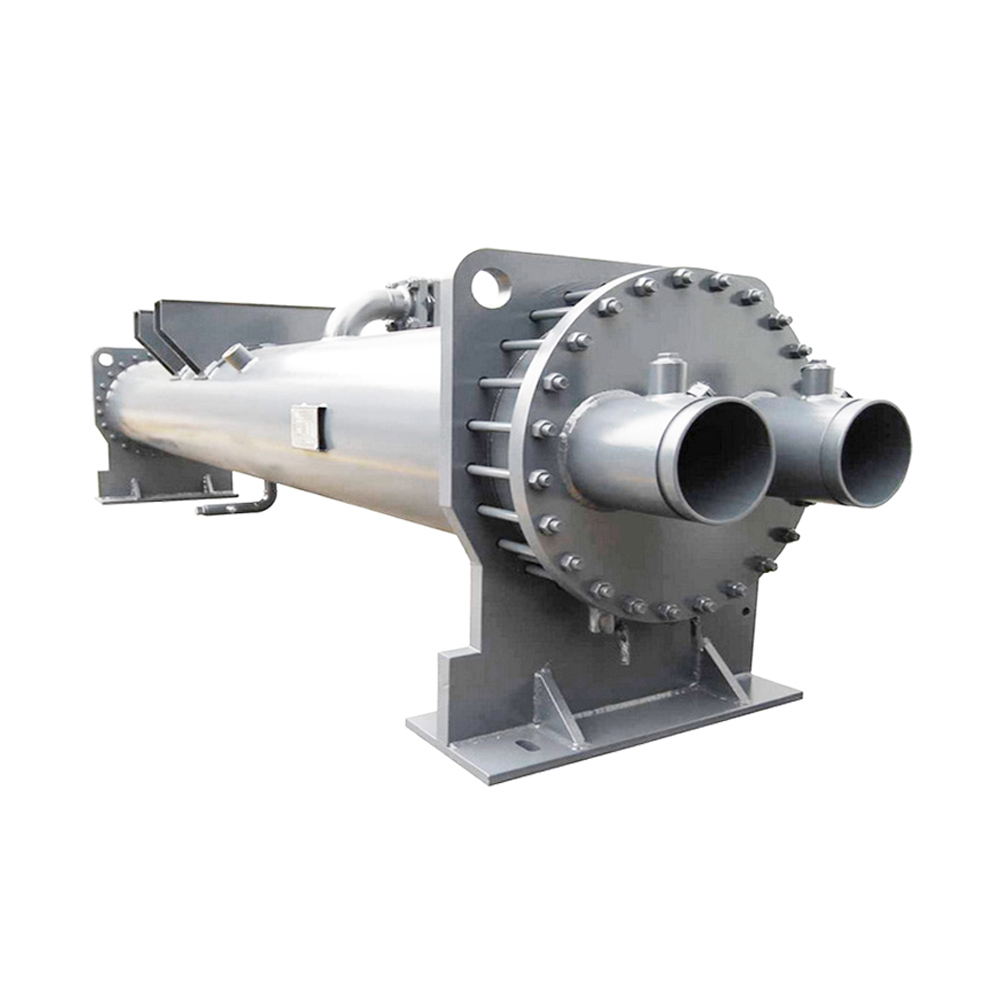Precision air conditioners are specifically designed to maintain highly stable temperature and humidity levels within a narrow tolerance range. Unlike standard air conditioners that prioritize overall comfort, these units are crucial in environments where even slight temperature or humidity fluctuations can significantly impact equipment performance or product quality. This makes them essential in various industries and applications.
Key Features of Precision Air Conditioners
Temperature and Humidity Control
The primary function of a precision air conditioner is its ability to maintain precise temperature and humidity levels. These units often employ advanced control systems and sensors to ensure consistent performance, typically within ±1°F (±0.5°C) for temperature and ±3% for relative humidity. This level of precision is vital for sensitive equipment.
Redundancy and Fail-Safe Mechanisms
Many precision air conditioners incorporate redundant components and fail-safe mechanisms to ensure continuous operation. This is crucial in applications where downtime can be costly or even dangerous. Features like dual compressors or hot-swappable components minimize disruption in case of a failure.
Advanced Filtration
To protect sensitive equipment from airborne contaminants, precision air conditioners often incorporate advanced filtration systems, removing particles and pollutants. This can include HEPA filters or other specialized filters depending on the application’s needs. Regular filter maintenance is vital for optimal performance.
Energy Efficiency
While precision is paramount, energy efficiency is also a key consideration. Modern precision air conditioners employ technologies like variable-speed compressors and intelligent control algorithms to optimize energy consumption while maintaining precise environmental conditions. Look for units with high Energy Efficiency Ratios (EER) or Seasonal Energy Efficiency Ratios (SEER) ratings for cost-effectiveness.
Types of Precision Air Conditioners
Different types of precision air conditioners are designed for specific applications and cooling requirements. Some common types include:
Computer Room Air Conditioners (CRACs)
CRAC units are commonly used for cooling server rooms and data centers, where maintaining precise temperature and humidity is critical for optimal equipment performance and data integrity. These units often feature advanced monitoring and control capabilities.
Computer Room Air Handlers (CRAHs)
Similar to CRACs, CRAHs handle both cooling and air handling functions within data centers. They frequently integrate with building management systems (BMS) for centralized control.
Close-Control Air Conditioners
Close-control units offer tighter temperature and humidity control, typically used in applications requiring even more precise environmental conditions, such as laboratories or manufacturing processes.
Selecting the Right Precision Air Conditioner
Choosing the right precision air conditioner involves considering several factors:
| Factor | Considerations |
| Cooling Capacity (BTU/hr or kW) | Determine the heat load of the space to be cooled. This requires professional assessment. |
| Temperature and Humidity Requirements | Specify the precise temperature and humidity ranges needed for the application. |
| Filtration Requirements | Consider the level of particulate and airborne contaminant control needed. HEPA filtration may be necessary. |
| Redundancy and Reliability | Evaluate the need for redundant components or fail-safe mechanisms to ensure continuous operation. |
| Energy Efficiency | Look for units with high EER or SEER ratings to minimize operating costs. |
For high-quality precision air conditioners and expert consultation, contact Shanghai SHENGLIN M&E Technology Co.,Ltd. They offer a wide range of solutions to meet diverse needs.
Maintenance and Service
Regular maintenance is crucial for ensuring the long-term performance and efficiency of your precision air conditioner. This includes regular filter changes, inspections of components, and professional servicing as recommended by the manufacturer.
Proper maintenance can prevent costly repairs, extend the lifespan of the unit, and maintain precise environmental conditions.
Remember to always consult the manufacturer's instructions for specific maintenance procedures.









